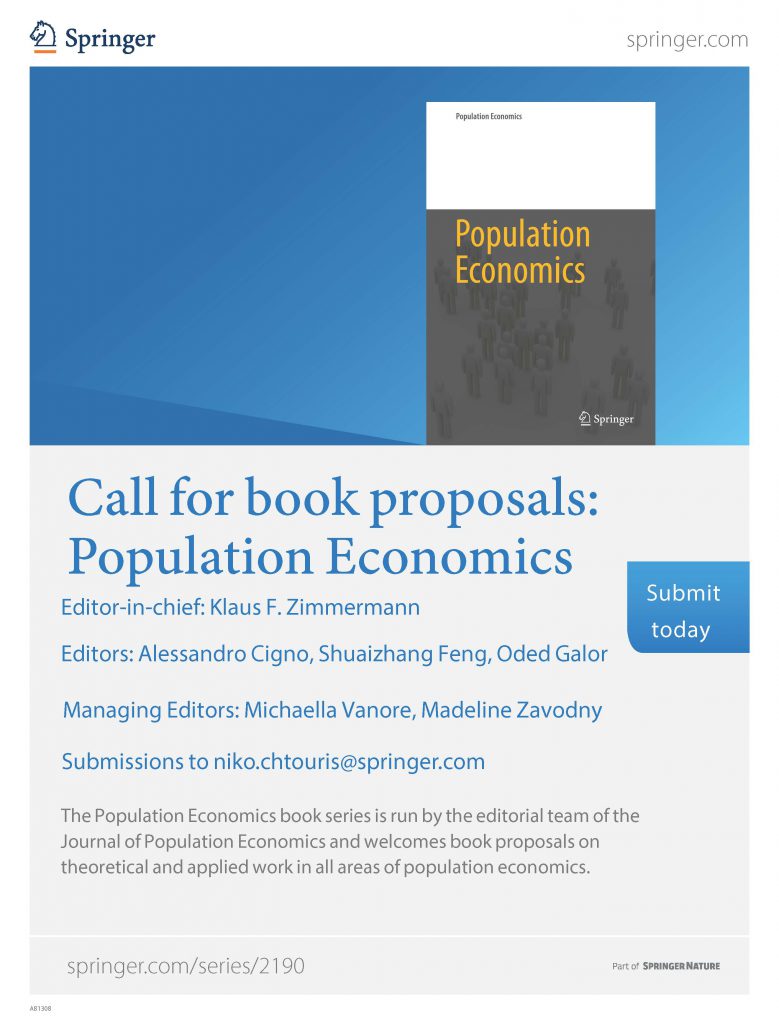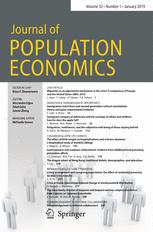A new GLO Discussion Paper using data for Belgium finds not only that first-generation immigrants face a substantial employment penalty in comparison to their native counterparts, but also that their descendants continue to face serious difficulties in accessing the labor market.
The Global Labor Organization (GLO) is an independent, non-partisan and non-governmental organization that functions as an international network and virtual platform to stimulate global research, debate and collaboration.
GLO Discussion Paper No. 485, 2020
A Broken Social Elevator? Employment Outcomes of First- and Second-generation Immigrants in Belgium – Download PDF
by Piton, Céline & Rycx, François
GLO Fellow François Rycx
Author Abstract: This paper provides a comprehensive quantitative assessment of the employment performance of first- and second-generation immigrants in Belgium compared to that of natives. Using detailed quarterly data for the period 2008-2014, we find not only that first-generation immigrants face a substantial employment penalty (up to -36% points) vis-à-vis their native counterparts, but also that their descendants continue to face serious difficulties in accessing the labour market. The social elevator appears to be broken for descendants of two non-EU-born immigrants. Immigrant women are also found to be particularly affected. Among the key drivers of access to employment, we find: i) education for the descendants of non-EU-born immigrants, and ii) proficiency in the host country language, citizenship acquisition, and (to a lesser extent) duration of residence for first-generation immigrants. Finally, estimates suggest that around a decade is needed for the employment gap between refugees and other foreign-born workers to be (largely) suppressed.
GLO Discussion Papers are research and policy papers of the GLO Network which are widely circulated to encourage discussion. Provided in cooperation with EconStor, a service of the ZBW – Leibniz Information Centre for Economics, GLO Discussion Papers are among others listed in RePEc (see IDEAS, EconPapers). Complete list of all GLO DPs – downloadable for free.

Ends;





